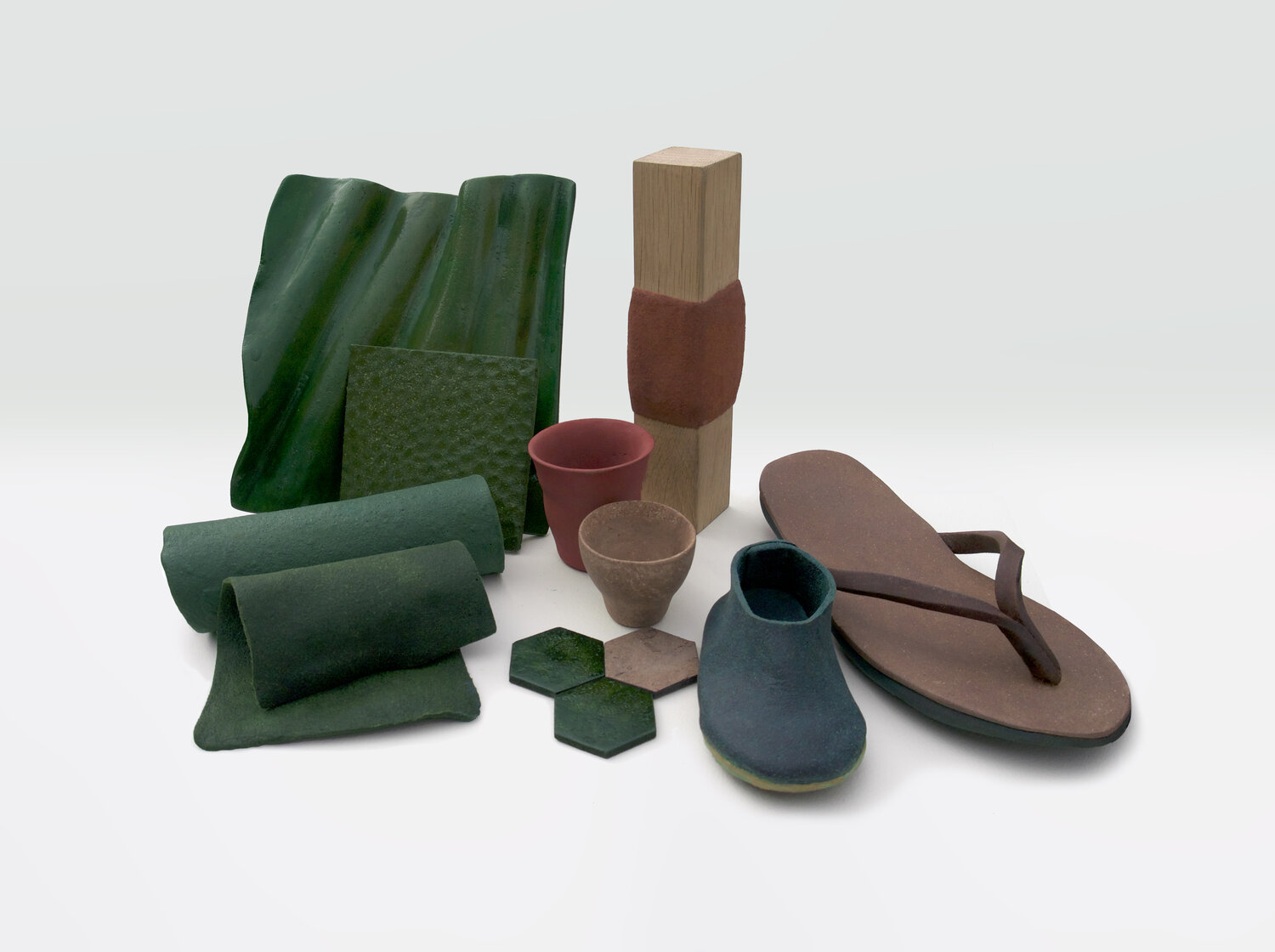This partnership of raw material supplier, bio design company and circular (textile) innovation agency has everything to produce Treekind on a larger scale. With the help of a subsidy from RVO Nederland they can test the circular production of Biophilica’s material. The entrepreneurs invest half of the costs themselves because they also see opportunities to convert local green waste into locally available carbon negative material that can be used as a full-fledged leather substitute.
Biophilica’s vegan leather, called Treekind, is currently primarily intended for the fashion industry, with the potential for future expansion into the furniture and packaging industry. The material is made from green residual waste that currently is mainly composted. This is also possible with the vegan leather, but as the material is also recyclable as green waste, it can be used as a material multiple times before becoming compost. The consortium would rather learn from it again – that seems to be possible. The goal of this project is to achieve a production of the material “Treekind” for the Dutch market, which is also considered a return system and the CO2 footprint.
Image: Biophilica



